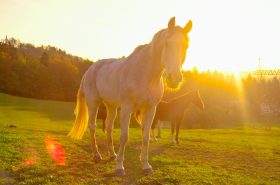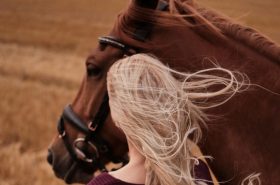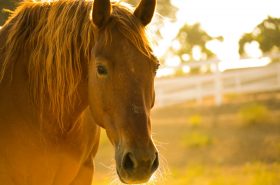Have you recently thought about buying a horse and contemplating if ownership is right for you? You have the amount of time required to give proper attention to the care and the funds to make your dream of owning a horse a reality.
What if you have the time needed for caring for a horse but lack the funds to pay for all the horse’s expenses. Suppose you have the funds to comfortably pay for your horse, but you are unsure about horse ownership for the long haul. Many riders would love to have a horse of their own. Still, financial constraints, time commitments, or other factors can complicate deciding if horse ownership is suitable for you, so what are some options? Suppose there is a way to almost own a horse without a significant financial or long-term commitment to a horse. Purchasing a horse is ideal to many, but leasing a horse is a second great option for riders and many reasons.
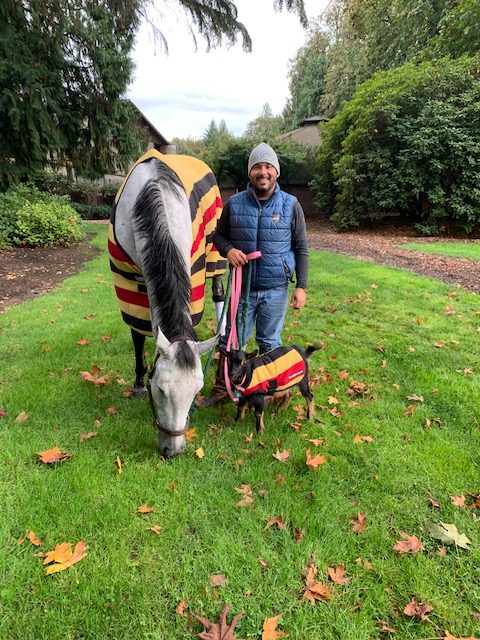
For example, leasing can work well for a casual rider who notices they have minimal weekly ride time after assessing their weekly schedule. A rider might feel that they are not benefiting enough given the amount of money spent on buying a horse, paying for board, care, and training.
Additionally, leasing instead of owning can be a great option because there are many different forms of lease durations. Typical lease durations include month to month, six months, and one-year lease durations. Shorter duration and no long-term commitment are attractive to many riders, dependent on the rider’s lifestyle and obligations, and many other reasons.
Another consideration when leasing is the frequency the rider plans to ride. A lease option can include a half lease instead of a full lease, which often means paying for only half of the horse’s bills. A full lease often has a lease fee paid to the horse’s owner. The lessee must pay additionally for the horse’s monthly expenses during the contracted lease duration. The horse is entirely the lessee’s financial responsibility.
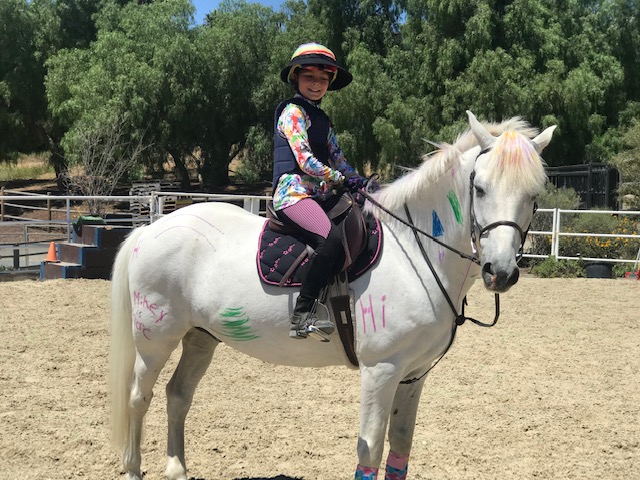
However, a half lease usually allows a rider two or three days per week to enjoy riding the same horse, allowing the lease rider a similar horse ownership experience. The other half of the horse is leased by another rider or the lease is shared with the owner. Half lease agreements can include many privileges to the lease rider, such as taking the horse to shows and trail rides. Half leasing fosters a partnership between horse and rider, similar to ownership, which riders enjoy. The rider can enjoy advancing their riding skills confidently with the same horse without feeling obligated to ride five or six days a week.
Another example of a benefit of leasing; is a high school student moving away for college in a year. Parents may find leasing a horse ideal because they are aware the horse will return to the owner when their child moves away to college. There is no obligation to continue paying for the horse once the rider moves away.
Owning a horse can be perfect for someone who craves a partnership with their horse and has the time to spend with their horse frequently.
For example, an adult rider who has mornings available to ride after their kids head to school might find buying a horse instead of only leasing the perfect plan. A rider with time available and who doesn’t mind a long-term commitment to a horse may find purchasing ideal. Horses become pets to many riders and are not viewed only as a piece of equipment for the sport.
There are many options for riders looking to purchase or lease a horse. There are many considerations to be aware of. A rider should go through all the possibilities with their trainer and decide their next best step.
Do you own or lease a horse? How did you decide which option was best for you?
Love this blog post? We think you will like Buying the Older Horse

